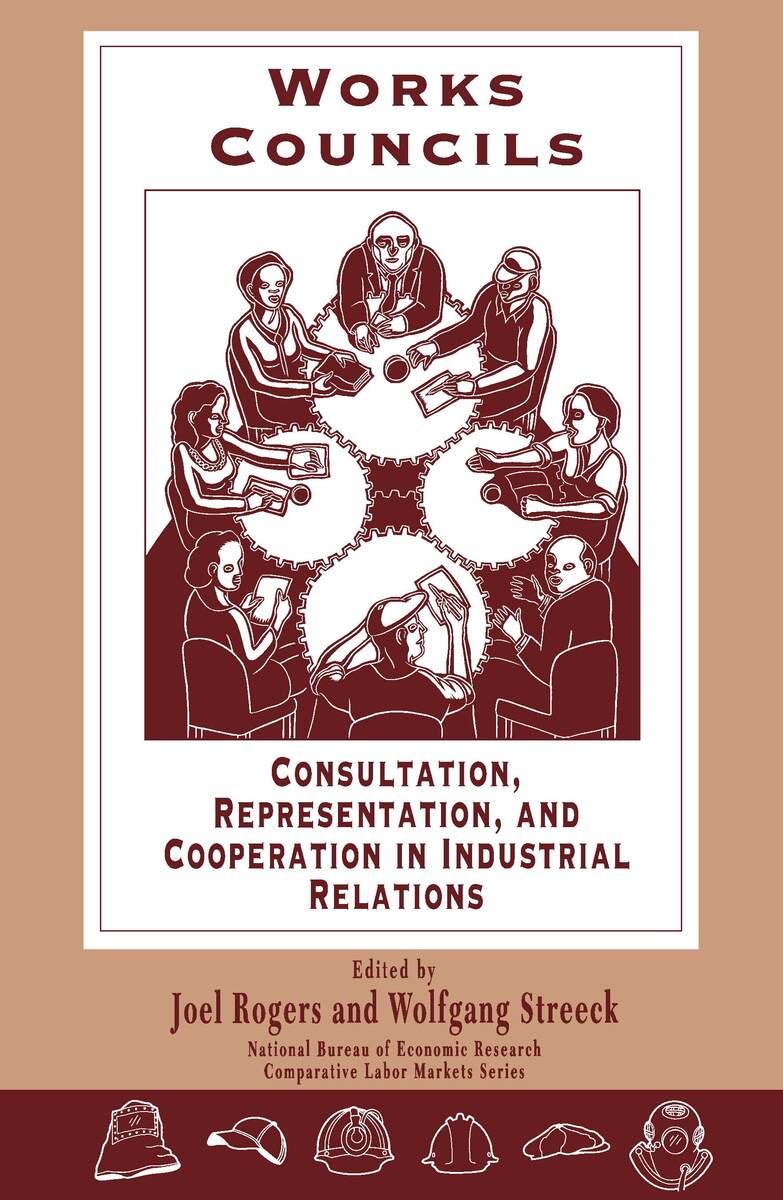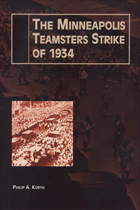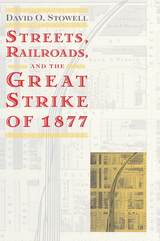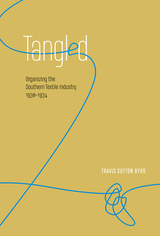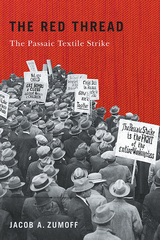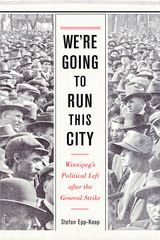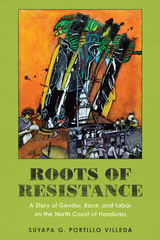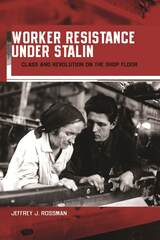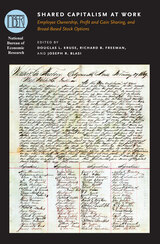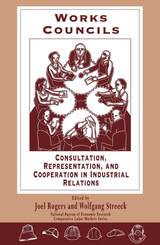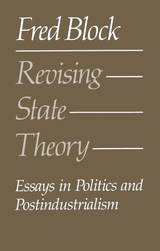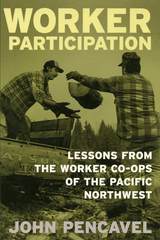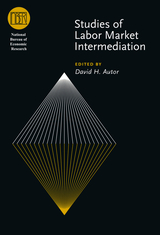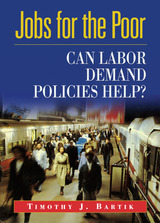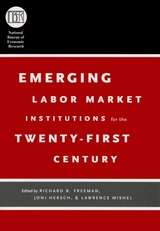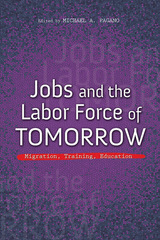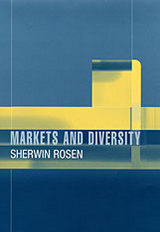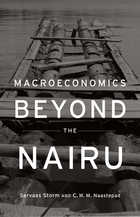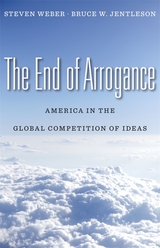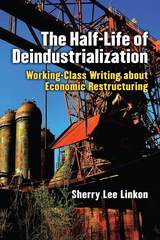Works Councils: Consultation, Representation, and Cooperation in Industrial Relations
University of Chicago Press, 1995
Cloth: 978-0-226-72376-1 | eISBN: 978-0-226-72379-2
Library of Congress Classification HD5650.W643 1995
Dewey Decimal Classification 338.6
Cloth: 978-0-226-72376-1 | eISBN: 978-0-226-72379-2
Library of Congress Classification HD5650.W643 1995
Dewey Decimal Classification 338.6
ABOUT THIS BOOK | TOC | REQUEST ACCESSIBLE FILE
ABOUT THIS BOOK
As the influence of labor unions declines in many industrialized nations, particularly the United States, the influence of workers has decreased. Because of the need for greater involvement of workers in changing production systems, as well as frustration with existing structures of workplace regulation, the search has begun for new ways of providing a voice for workers outside the traditional collective bargaining relationship.
Works councils—institutionalized bodies for representative communication between an employer and employees in a single workplace—are rare in the Anglo-American world, but are well-established in other industrialized countries. The contributors to this volume survey the history, structure, and functions of works councils in the Netherlands, Germany, France, Spain, Sweden, Italy, Poland, Canada, and the United States. Special attention is paid to the relations between works councils and unions and collective bargaining, works councils and management, and the role and interest of governments in works councils. On the basis of extensive comparative data from other Western countries, the book demonstrates powerfully that well-designed works councils may be more effective than labor unions at solving management-labor problems.
Works councils—institutionalized bodies for representative communication between an employer and employees in a single workplace—are rare in the Anglo-American world, but are well-established in other industrialized countries. The contributors to this volume survey the history, structure, and functions of works councils in the Netherlands, Germany, France, Spain, Sweden, Italy, Poland, Canada, and the United States. Special attention is paid to the relations between works councils and unions and collective bargaining, works councils and management, and the role and interest of governments in works councils. On the basis of extensive comparative data from other Western countries, the book demonstrates powerfully that well-designed works councils may be more effective than labor unions at solving management-labor problems.
See other books on: Comparative industrial relations | Cooperation | Industrial Relations | Industries | Representation
See other titles from University of Chicago Press
